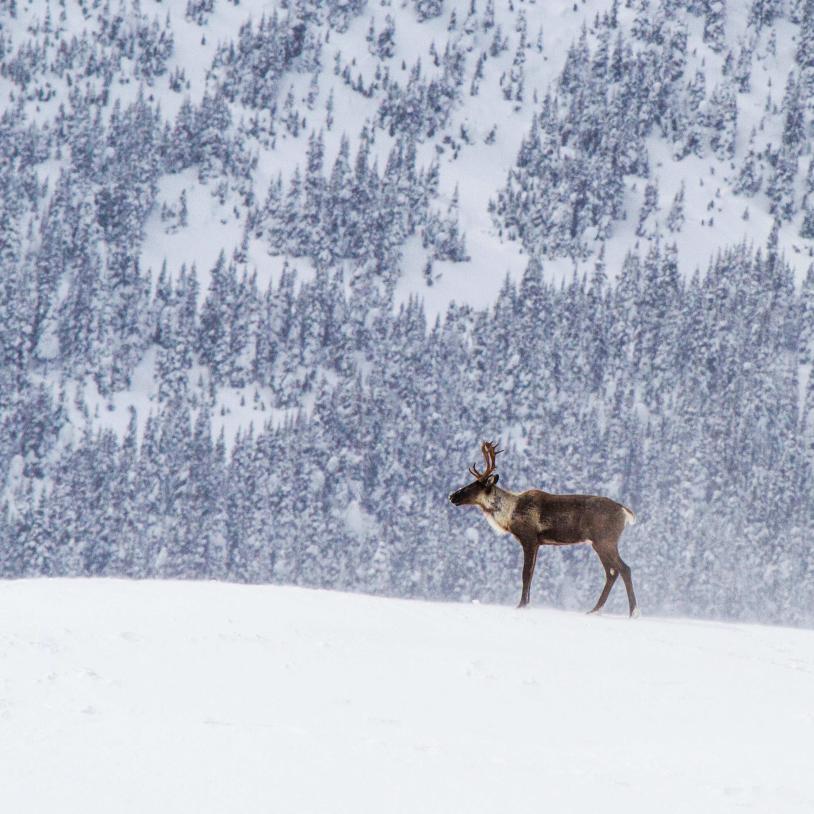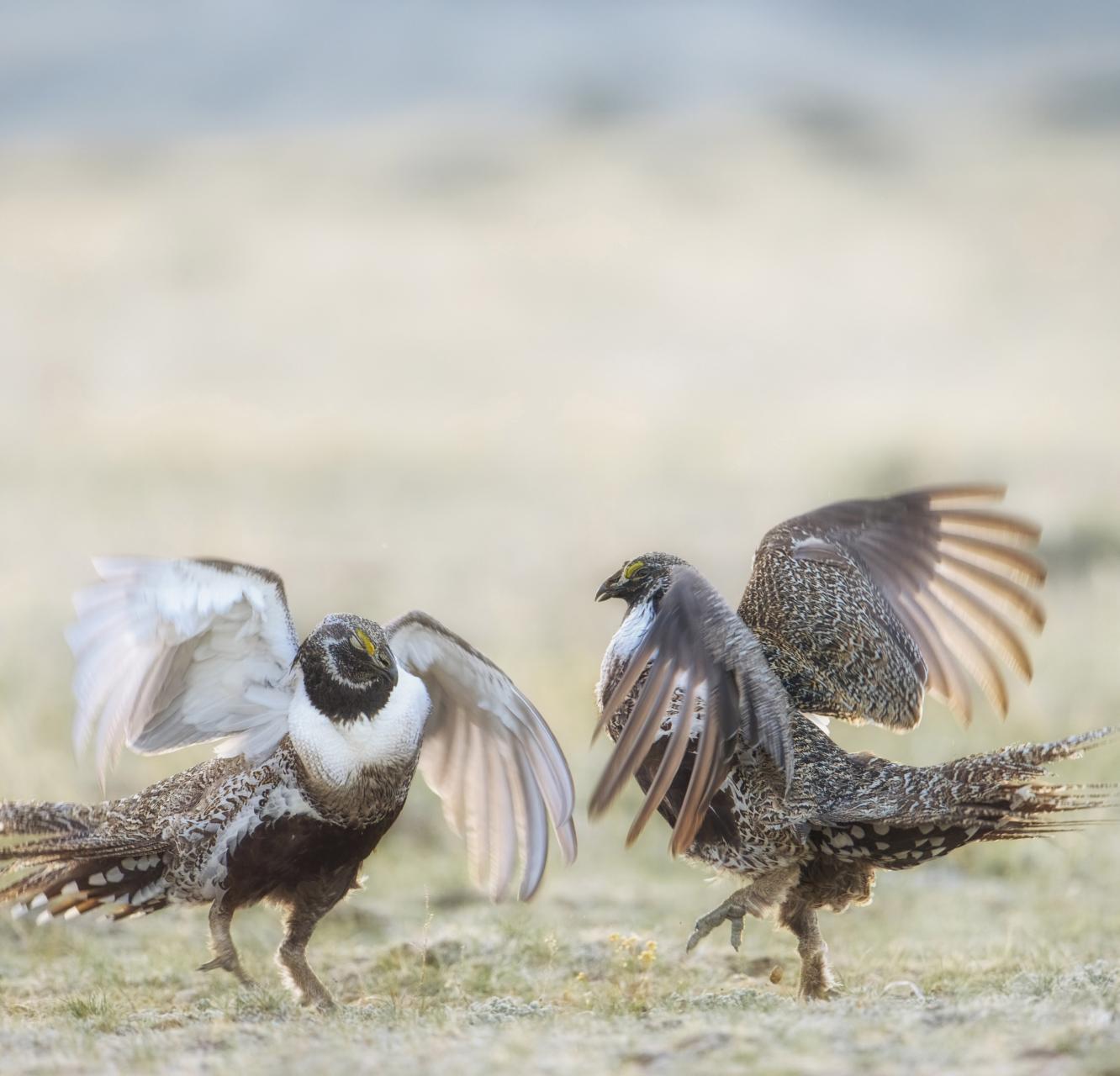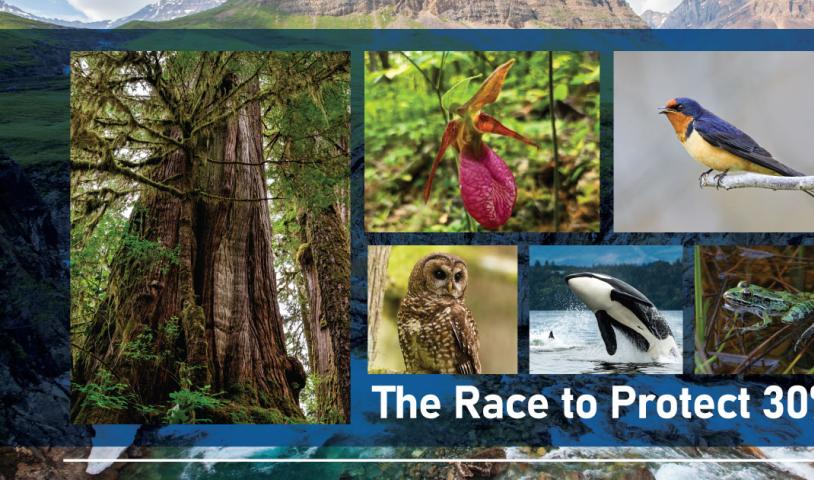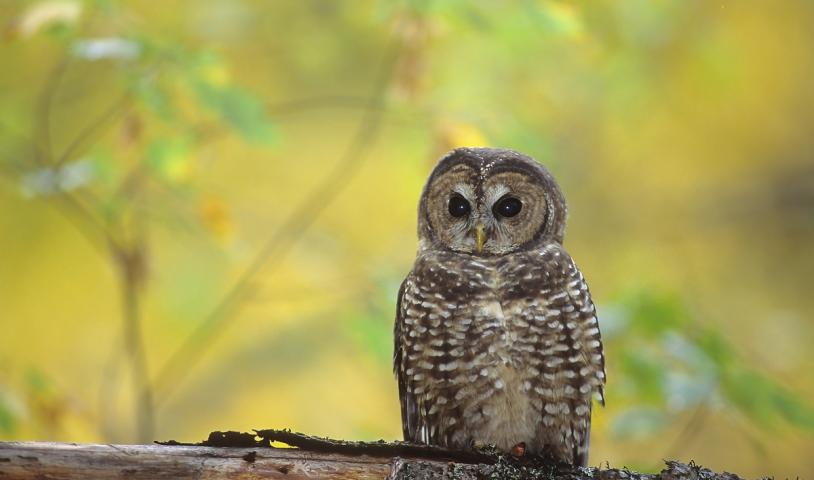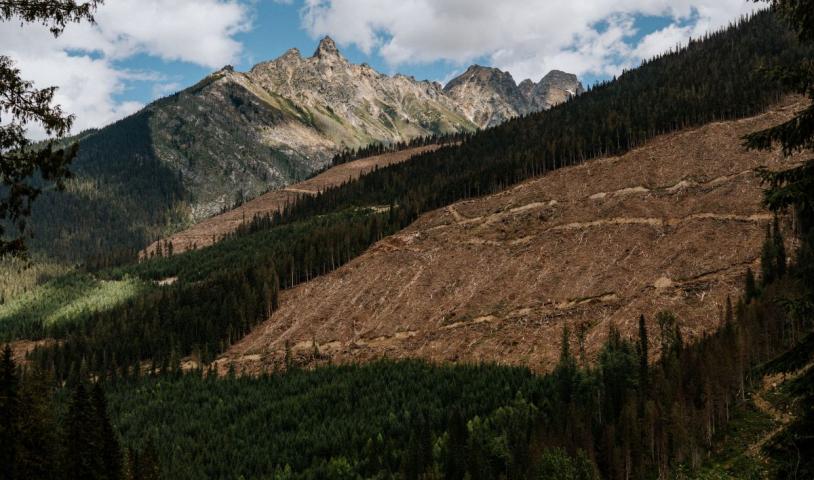Scientists urge quick action on Fraser sockeye collapse
Thursday, December 10, 2009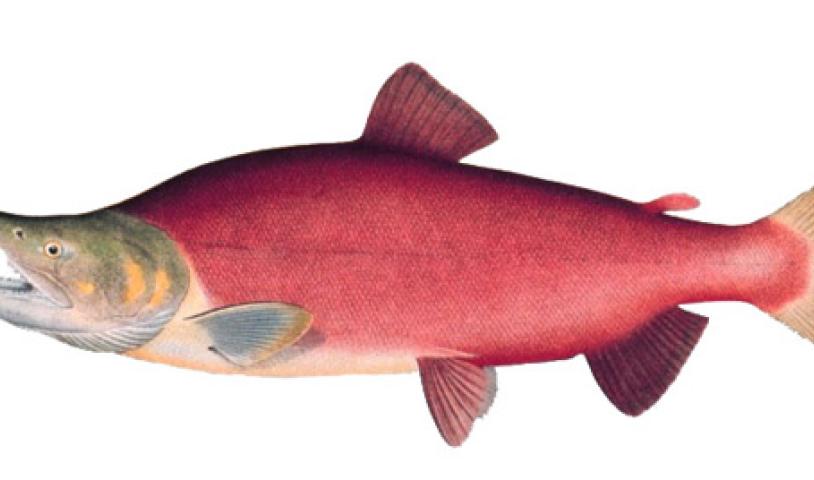
Urgency too great to wait for results from federal commission of inquiry
VANCOUVER — An increasingly hostile marine environment in the Strait of Georgia appears to be the main reason Fraser River sockeye salmon populations are collapsing, according to a think tank organized by Simon Fraser University.No single cause for the collapse is discernible, and researchers are suggesting a variety of events in the strait may be responsible — including warming ocean temperatures, declining availability of food, greater attention from predators, and interactions with farmed salmon.
Fraser sockeye populations apparently take the biggest hit while they are only a few months old, as they adjust to life in the strait after migrating out of natal streams in the Fraser watershed.
“The weight of evidence suggests that the problem of reduced productivity occurred after the juvenile fish began their migration toward the sea,” SFU salmon biologist John Reynolds said Wednesday at a press conference to report on the think tank’s deliberations.
Salmon scientists have been meeting this week in Vancouver to debate the reasons for a Fraser sockeye collapse so severe that the once-abundant fish may never recover from it.
“Over the last 15 years, survival rates of Fraser River sockeye have not been as high as in the past and it is simply not clear why,” Reynolds said.
The sockeye collapse has effectively eliminated a once-profitable and thriving commercial fishery and curtailed both an aboriginal food fishery and a recreational fishery in the Fraser.
“Climate was seen as somewhat of an overarching issue but the exact ways in which it is affecting the survival still are a bit of a mystery simply because there is not enough research in the coastal marine environment which we think probably is the pressure point,” Reynolds said. “That’s why we’re calling for more research.
“We know that warm temperatures are generally bad news. Not necessarily because the warm temperatures are hurting the fish themselves, but because that brings on changes in the food web, it may change for predators, and so on.”
The event attracted an international group of scientists and salmon researchers — although fisheries biologists with the Department of Fisheries and Oceans, the federal agency responsible for protection of salmon, were reportedly instructed by the Conservative government not to attend.
According to Mark Angelo, deputy chair of the Pacific Fisheries Resource Conservation Council, DFO salmon experts were told to withhold participation in public events in consideration of the central role they will play in an upcoming federal commission of inquiry into the decline of Fraser sockeye.
Angelo said the urgency of the situation is too great to wait for the results from a federal commission of inquiry into the decline of Fraser sockeye, which is close to commencing its investigation but is not obliged to issue a final report before May 1, 2011.
“Our ultimate goal is to be a helpful and constructive force in trying to turn things around for Fraser sockeye stocks — and that’s something we all hope to see,” Angelo said.
Reynolds said the think tank believes research should be focused in four areas which are “vital to address critical knowledge gaps regarding the declining productivity problem.”
One, assemble and analyze all existing data on Fraser River sockeye health and condition and estimate survival throughout their life cycle.
Two, gain a better understanding of the potential for transmission of parasites and disease from farmed salmon to wild salmon.
Three, expand programs to assess the timing and migration of juvenile salmon at various locations in the Fraser and in the coastal marine environment.
Four, determine why some marine populations and species are faring better than others as ocean conditions shift as a consequence of climate change.
Reynolds said there is “some preliminary evidence” that conditions in the Strait of Georgia in early summer of 2007 may have been adverse to the survival of young fish.
“We don’t have Fraser sockeye-specific parameters in the ocean that we are monitoring on a regular basis.
“There is a very good chance that in 2007, in May and June — key times — may have been adverse to the survival of young fish and that might have been a food related issue.
Almost all the research that DFO now undertakes is undertaken in a fresh-water environment, he said.
“We do very little marine related research and there are many knowledge gaps out there that we have to fill.”
